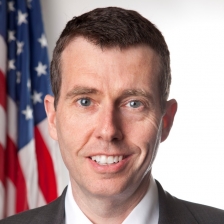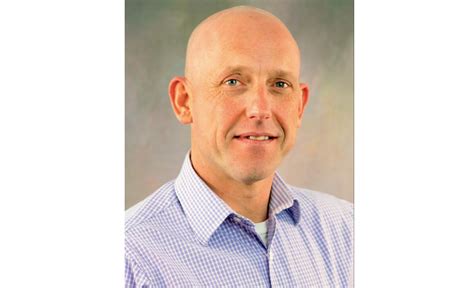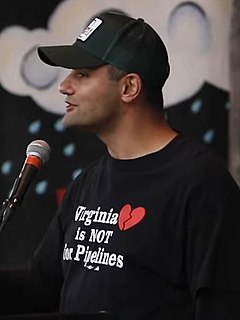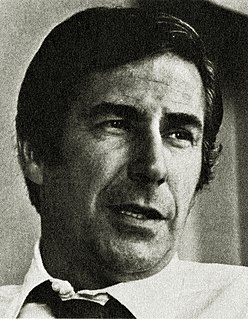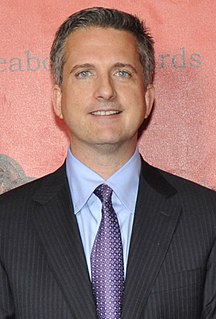A Quote by David Plouffe
The American people want to have trust in their leaders.
Related Quotes
In the long run, we will need many more African-American, Latino, and Native American leaders, and leaders from low-income communities, who can bring additional insight and a deeply grounded sense of urgency, and who are the most likely to inspire the necessary trust and engagement among students' parents and community leaders.
Trust is perhaps the most critical single building block underlying effectiveness. Without trust leaders do not have followers. Without trust, leaders are impotent despite great rhetoric or splendid ideas. Trust rests on the belief among followers that the leader is transparent: What you see is what there is. Trust means followers believe there is no duplicity; no manipulation just to satisfy the leader's ego. Very simply: The effective leader is transparent; that's why that person is trusted.
I think the Democratic Party is firmly in the wilderness right now and doesn't know exactly what to do. We talk about trust. Fundamentally, the American people have lost a lot of trust in both parties, but in particular, my party. Growing trust is a very simple calculation: People want to know what your values are, and they watch your behaviors. If your behaviors align with your values, then they trust you. If you say I'm for the people, but we're just as bought off as the other party, or we say we're for fairness, but we gerrymander just like the other side, people see.
We have become a nation ruled by fear. Since the end of the Second World War, various political leaders have fostered fear in the American people--fear of communism, fear of terrorism, fear of immigrants, fear of people based on race and religion, fear of gays and lesbians in love who just want to get married and fear of people who are somehow different. It is fear that allows political leaders to manipulate us all and distort our national priorities.
I think the characteristics of really effective leaders when people are frightened and depressed are the same qualities that leaders need when people are optimistic. The difference is when people are frightened the need for these few qualities becomes much stronger because frightened people are desperate to have someone they can trust and believe in and who seems to be able to create a better future.
A leader is someone you are not disappointed in placing trust in. When that person makes suggestions, you are inclined to trust [them]. Often it is people who have been there [in a similar situation to the people he or she is leading]. They would generally be people who are ready to take the risks themselves. Most leaders would be people who don't ever give commands and remain at home and let the foot soldiers be the ones who bear the brunt.
